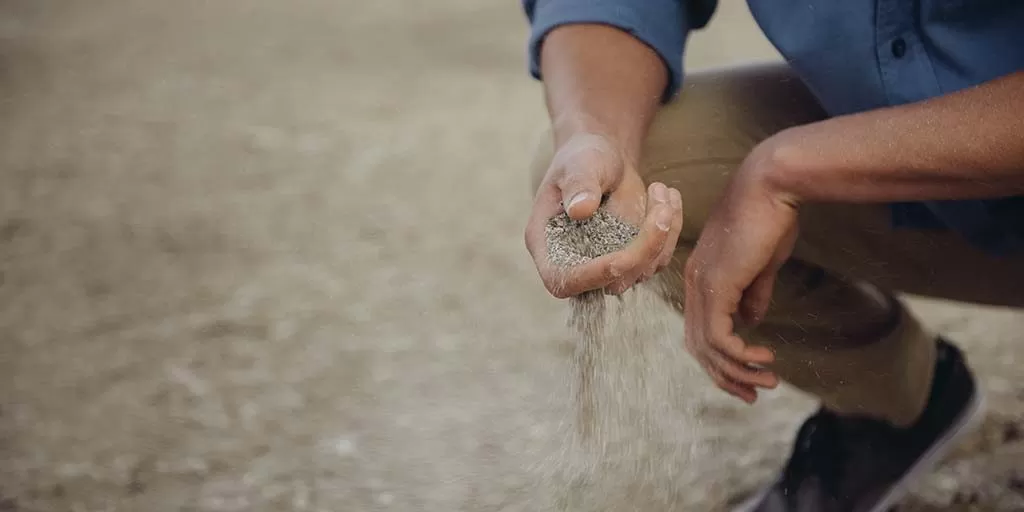HOW LONG WILL THIS PAIN OF GRIEF LAST?

Most people who have experienced grief find themselves wondering how long the pain is going to last. Unfortunately, there isn’t a timeline for healing. How long the grieving process takes varies from person to person and what they are doing to take care of themselves. It is important to remember that no matter how long it takes, there is always hope beyond grief.
Healing is gradual
When you experience the loss of a loved one, it is normal for it to take a while to heal. It is not going to happen right away. Little by little, the pain will be less intense and prevalent, but it will not happen overnight.
Healing isn’t linear
You’re going to have good and bad days when grieving someone you love. Sometimes, you’ll have days, weeks, or even months where it feels like you aren’t in pain – and then one bad day can make it feel like you are back to where you started. When this happens, don’t feel discouraged. Remember that there are ups and downs throughout the grieving process, and taking a few steps back after moving forward through healing is normal.
Healing is different for everyone
Everyone grieves differently. For some, it might seem that they have healed and moved on very quickly. For others, it may feel as if the process goes on forever.
The amount of time that it takes to heal from the loss of a loved one depends on many factors. Some of these include:
- The individual’s relationship with the deceased
- Whether or not the deceased lived in the same household as the person
- Whether or not the person saw the deceased frequently
- If the person is taking steps to work through the grieving process
Grieving is different even in families. The closeness of a person to their loved one and what type of relationship they had with them all dictates how or for what length of time a person takes to heal.
Hope beyond grief
Things will get better. Though you may always feel a little bit of pain when you think about your loved one, the initial pain that you felt when you began to grieve will subside. In order for this to happen, you have to be sure that grief does not become your identity.
Sometimes, grief becomes a comfortable place to stay in. It usually takes more effort to take steps that will allow you to heal. This causes people to make grief their identity. If you chose to do this, it’s going to be a lot more difficult to heal. It’s going to take more time, and you are going to feel more pain. Instead of finding your identity in the loss of your loved one, seek out your identity in Christ. He will remind you that there is hope beyond grief.
How can I find healing?
It can be difficult to think about the steps that you need to take to work through your grief. Here are three things that we recommend that will help you through your grieving process:
Spend time with God. The more time you spend with God, the more peace you will feel. Praying, studying His Word, and seeking comfort in your church community are all great ways to work through the loss of your loved one. Although these things won’t take the pain away, they will help you through it. God is there with open arms, and He will bring you peace.
Attend a grief group. Grief groups are groups of people who all have one thing in common: they have lost a loved one. In a grief group, you have the ability to confide in people who are going through the same pain as you. Typically, groups will work through a curriculum centered around grief and healing, and they are sometimes lead by a pastor or other leader in a church. If you are a pastor or church leader looking for resources to strengthen your skills in grief care, we offer a pastoral care grief and loss training program that can help.
See a professional counselor. Sometimes, attending a grief group isn’t enough, and that’s okay. Seeking care from a licensed grief counselor is a great way to sort through the pain of losing a loved one.
Though there isn’t a timeline for healing and it may take time, finding peace is possible.
Contact us, today, if you have any questions about grief groups, or about our pastoral care grief and loss training package.
